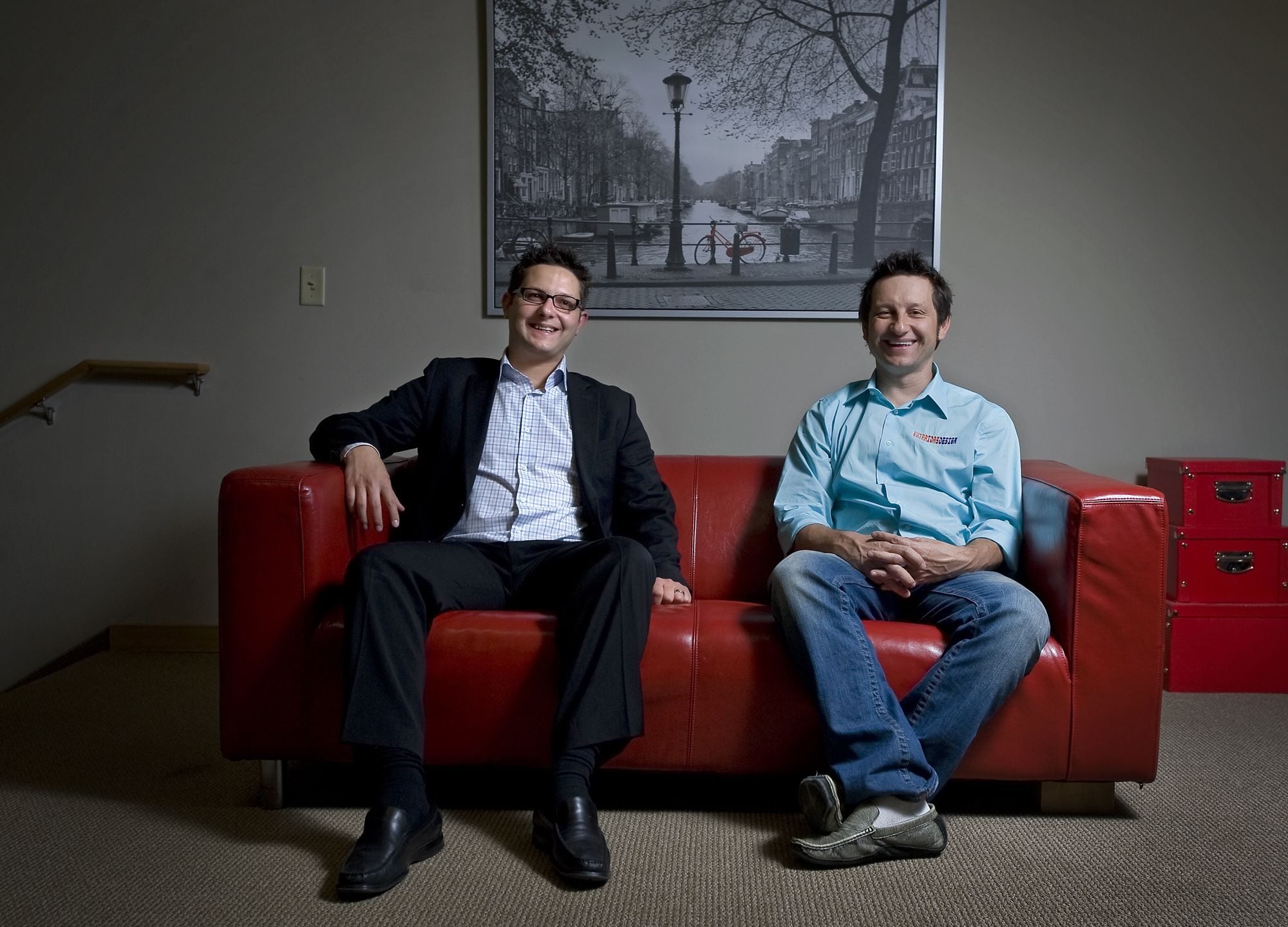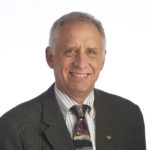Before arriving here at age 16, Vito Tishenko knew Vancouver as a speck on the map his family kept at their home in the former Soviet Union’s Georgia region.
But it was different from all the map’s other specks. It was the place his grandfather Yuri Savinskiy would point to and say, “Some day, we are going to live there.”
Twenty-one years later, Vito Tishenko owns a Vancouver-based construction contracting firm, Exteriors Design, which takes on projects as small as replacing siding and as large as installing wrought-iron deck rails on Portland condominium towers. His brother Mark, 10 years younger, owns Edge IT, a small firm that provides networking computer support for offices in the Portland area and as far away as Florida.
The business success stories of the Tishenko brothers are tales of pluck and hard work, the old-fashioned values of fiscal conservatism and of turning to friends, family, and community for connections and support. Like many immigrants in America’s rich history, they’ve relied heavily on instinct and the school of hard knocks: Vito has only a high school education, and Mark has attended both Clark College and Washington State University Vancouver, without a degree from either.




